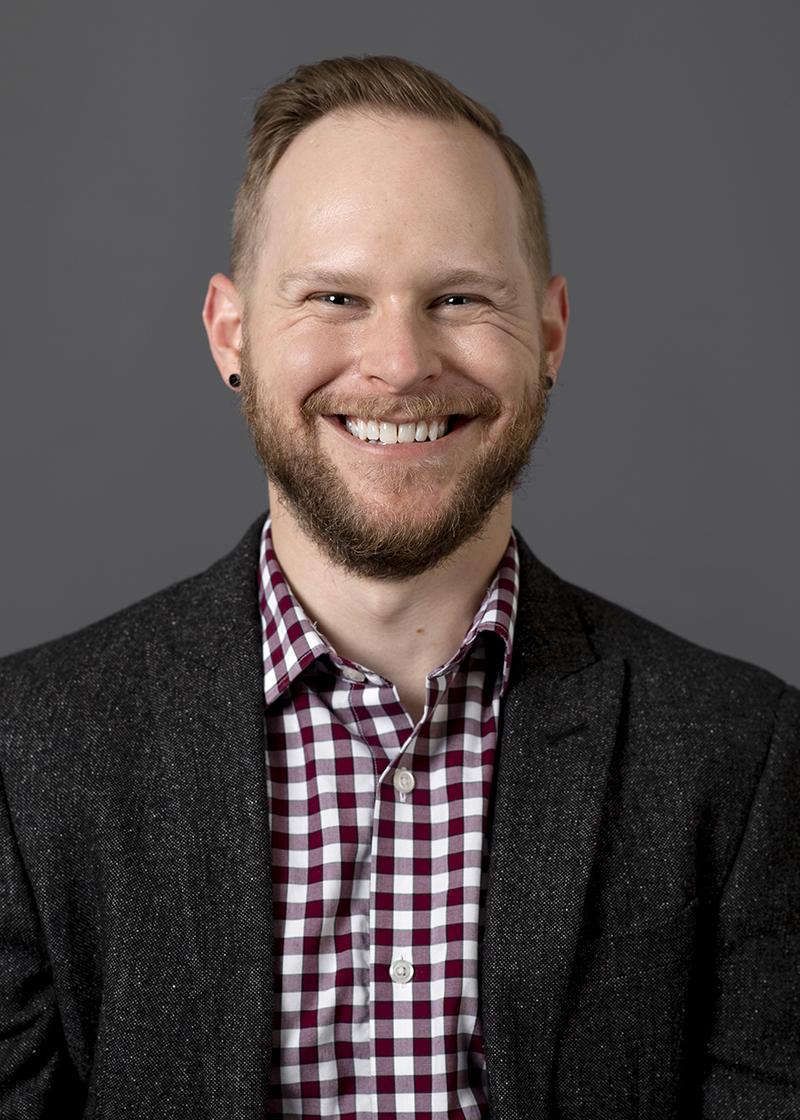“Community engagement connects learning with life,” said Vincent Russell, Assistant Professor and Liberal Studies Program Coordinator in the Department of Communication at Western Carolina University. He presented a talk to the North-West University (NWU) employees on the role of engagement in teaching and research and its impact on academic careers.
Russell defined engaged scholarship as a mode of inquiry addressing practical problems through collaboration between scholars and practitioners. “Engaged scholarship involves co-development and co-ownership of knowledge,” he said. The goal is to respond to social, civic, and ethical challenges through shared learning.
On applied scholarship, Russell explained that it focuses on generating usable knowledge for real-world problems. “Researchers work with community partners to identify issues and recommend solutions,” he said.
He described activism and social justice scholarship as research guided by community participation and social movements. “The work itself becomes an intervention for social change,” he said, highlighting the importance of community involvement in knowledge production.
Russell also spoke about community-based or participatory scholarship, which values collaboration at every stage of research. “Community partners help design, collect, analyse, and act on findings,” he said, adding that this approach supports social action and justice.
Discussing the academic triad of research, teaching, and service, Russell explained that service extends beyond the institution. “Service to the community involves using academic expertise to meet community needs,” he said.
He noted both the benefits and challenges of community engagement. “Community partnerships can link research, teaching, and service,” he said, while acknowledging that such collaborations demand time, commitment, and careful management.
Addressing Community-Based Learning (CBL), Russell said it involves students working with community partners and reflecting on their experiences. “CBL is learning by doing for others,” he noted, referencing Dubinsky’s definition.
He described CBL as a high-impact teaching practice, improving student outcomes while supporting communities. “It enhances student success and provides resources to local partners,” he said.
Russell also examined institutionalised service learning, noting that it often prioritises student learning over community needs. He contrasted this with liberating and critical service learning, which aim to build community leadership and promote social change.
He discussed social justice activism, service learning and radical community-based learning, developed with Dr Spoma Jovanovic. “This approach focuses on collective action and cultural change,” he said, describing collaborations with grassroots movements.
For early-career educators, Russell offered practical tips for introducing community engagement, such as attending community events, inviting guest speakers, or researching local organisations. “Start small, but be intentional,” he advised.
He concluded by outlining community-engaged research approaches, emphasising equitable partnerships and mutual benefit. “Engaged research aims to create knowledge that communities can use,” he said.

Vincent Russell from Western Carolina University unpacks the meaning, value, and practice of engaged scholarship.
